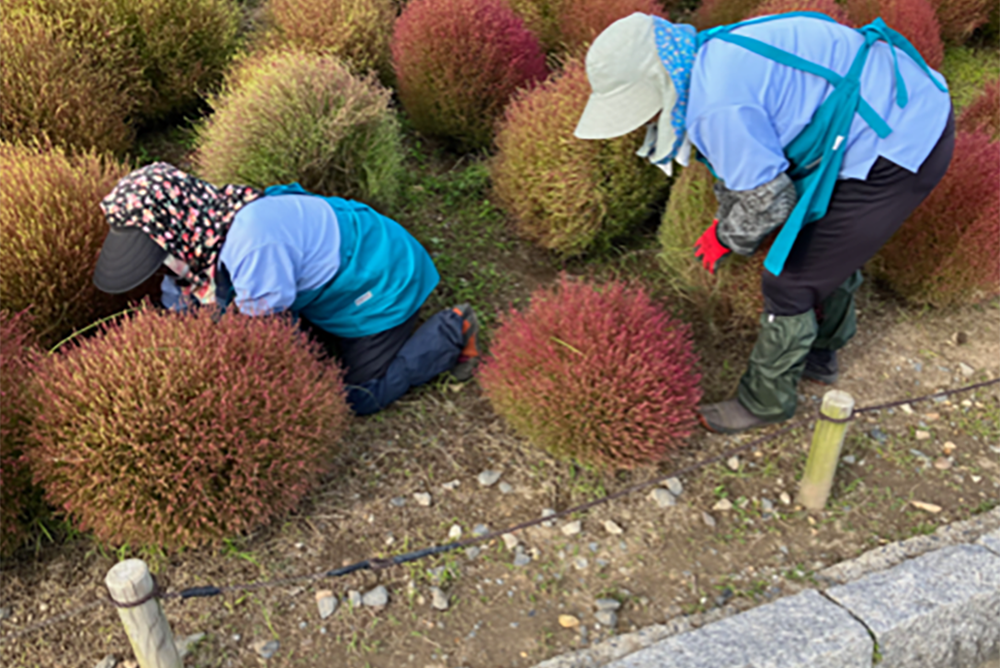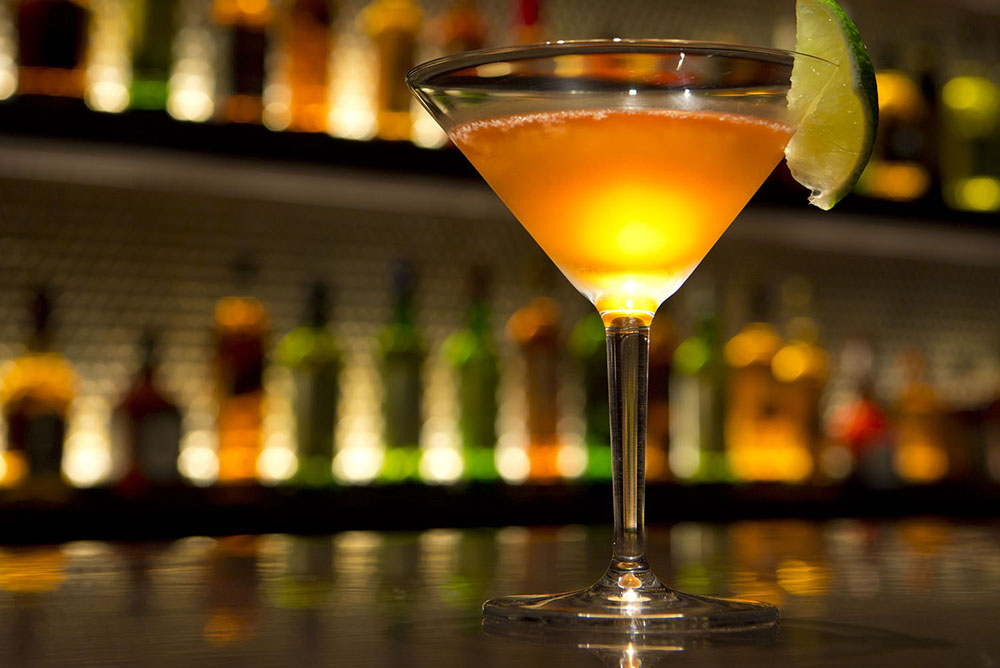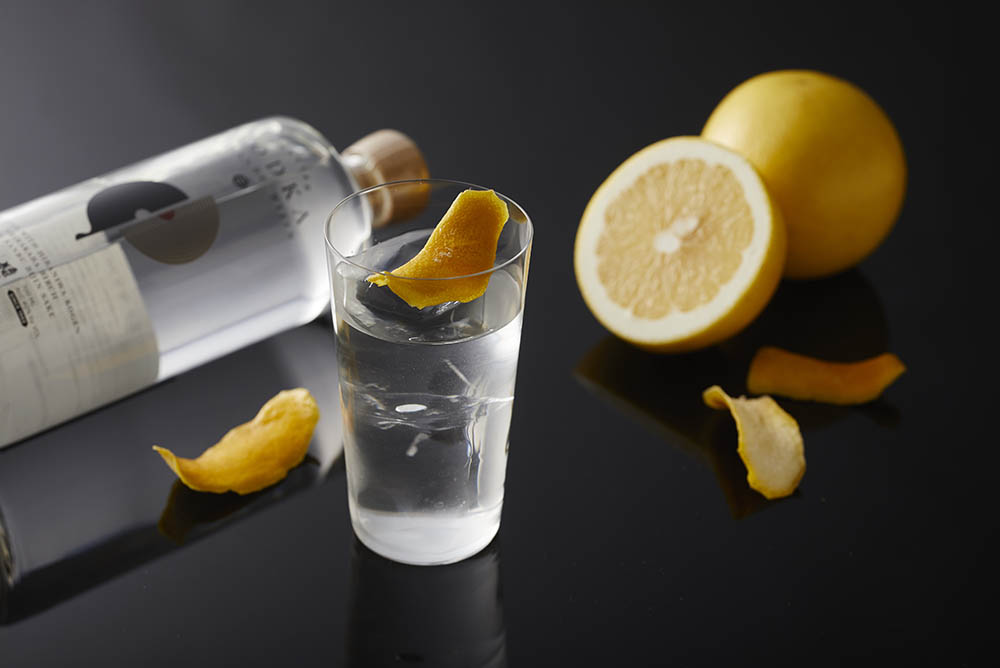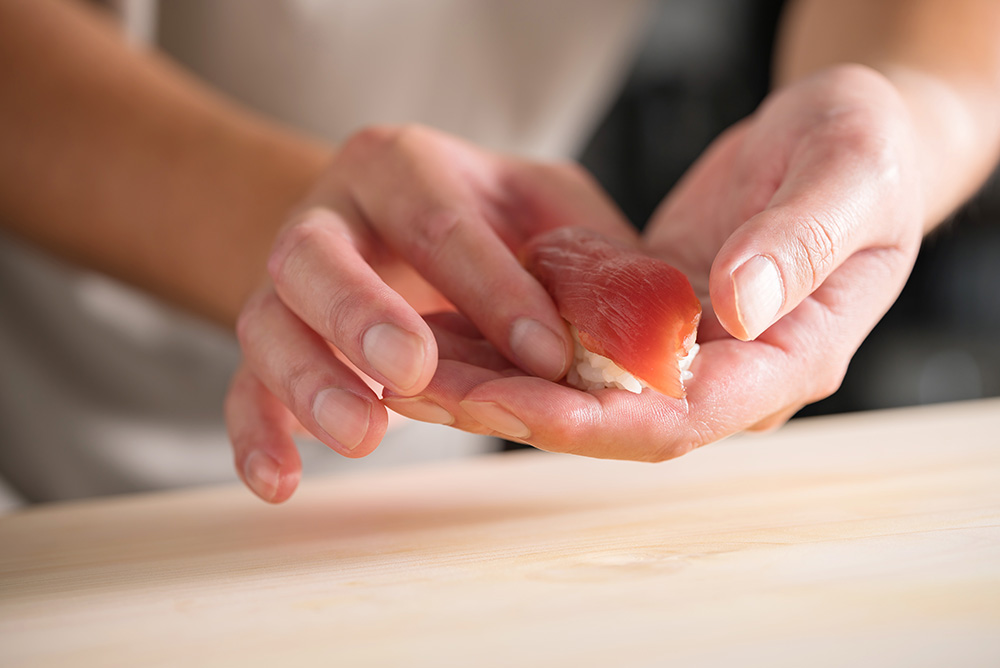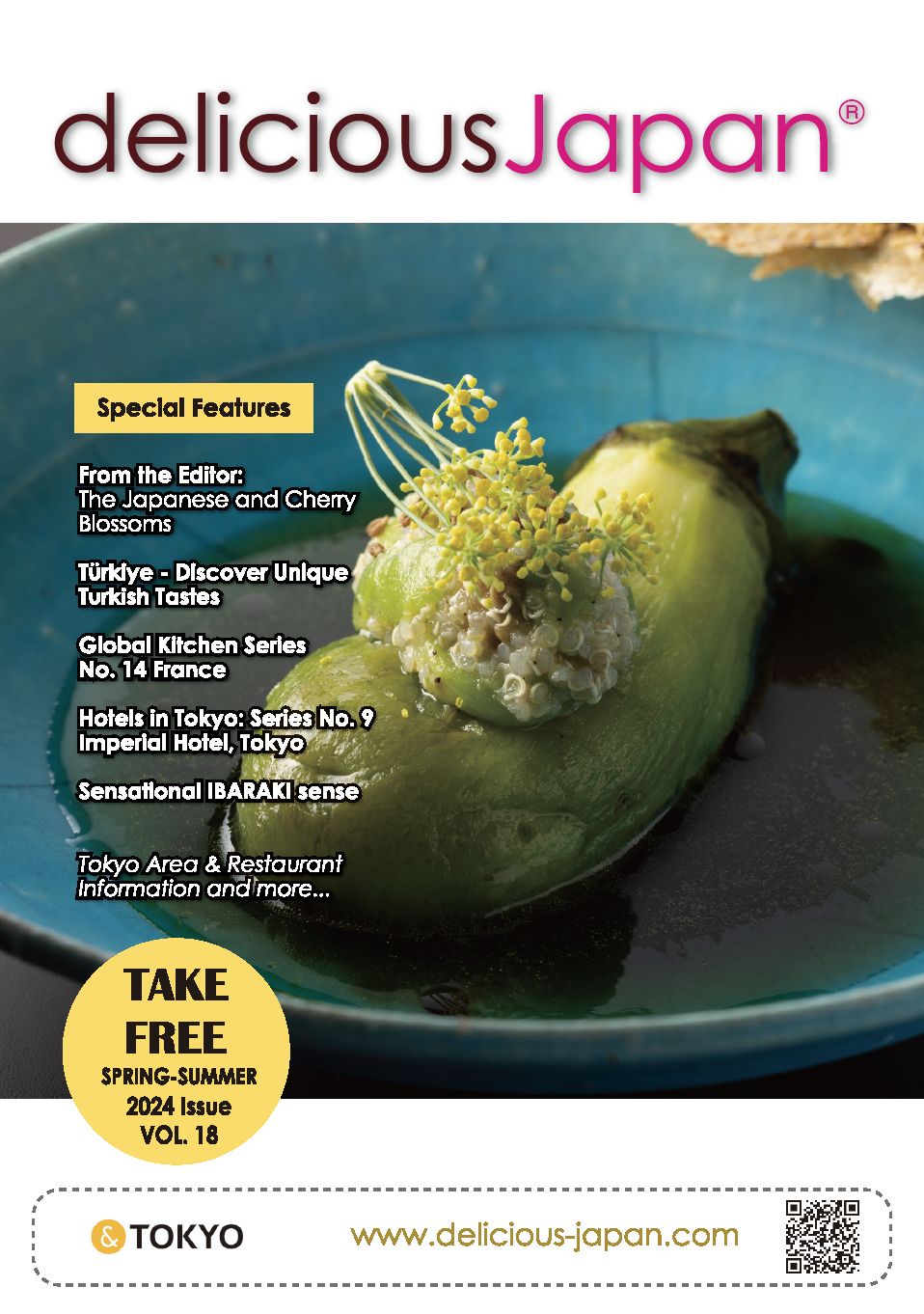

Has Japan's Organic Age Arrived at Last?
A conversation with President Yohei Shirakawa of Natural House, the pioneer of the organic market in Japan. Natural House, which manufactures and sells organic foods and cosmetics, now has 30 branches.
Q1 What triggered the establishment of Natural House?
The natural foods division "Okashi no Kotobuki" was established in 1978 and converted into a corporation four years later, in 1982. It was founded by my father. Pollution and childhood obesity had been social problems in Japan since the 1970s, and I was inspired at that time by seeing specialist organic shops in New York, which made me want to try it as a next-generation business.
Q2 What is atural House aiming for?
We pursue "safety, peace of mind, health, beauty, and environmentalism". The idea of organic products has only recently started to sink in. In the 70s and 80s, the term "organic certification" did not exist, and organic did not extend to raw materials, but people wanted to do without processed additives, preservatives, colors, flavorings, and other additives. Next came traceability, and then efforts for what are now called joint producers and products with a face started in the 1990s. Health and beauty came around in the 2000s. We wanted to go with the approaches of health, wellness, and optimal health, by which I mean the approach of "presymptomatic medicine" rather than always going to the doctor to avoid getting sick. Organic certification started from around 2008, and working on organic products has gone together with consideration of the environment.
Q3 Natural House handels both organic food and cosmetics, right?
Foods have by far the largest share, at a 9:1 or 8:2 split. Our company strategy overall is to handle both, and we think it is very important to educate people about organic in their lifestyles as a whole.
Q4 What countries or what shops did you refer to as models for developing your orga?
If anything, we look towards Europe for products. For store development, we look to America. We started benchmarking against overseas examples in around 2002, when organic and natural were basic in America and we didn't have a 100% organic lineup. On the other hand, Europe was 100% organic from that time. It was making progress, in local and sustainable terms. I call that "real organic". Rather than the standard of just not using bad things, Europe was already advancing then in terms of being local and sustainable, and putting Europe's history and regions first. But America, which has focused on whole foods, is amazing in terms of promotion and messaging to the customer. In our efforts, we have been looking to incorporate the good points of both sides.
Q5 What is the biggest problem or challenge for the organic foods market?
One problem is logistics. Distribution is outside the market, so its efficiency is extremely poor. It's terrible for both producers and retailers. Other than that, I think human development is also important. To educate people about organic products, you have to know the products, and suggest them to the customer. These are premium products, so it’s important to explain that there is value beyond the product itself.
Q6 What kinds of people are common among consumers looking for organic products?
In the past it used to be serious enthusiasts. There used to be high proportions of people with allergy problems, people with sensitivities to allergies, people highly aware of what they eat, and people with negative views of mass production. Those are still there, but organic has been spreading and sinking in lately, and increasing numbers of people get started when they are planning to have children or when they have pre-school children. They are looking for organic foods from the point of view of food safety. It used to be older people, but the proportion of young customers is growing.
Q7 What are you going to do in future to drive Japan's organic market forward?
Looking at America, the organic market is growing more in large stores belonging to big companies, rather than in specialty stores. Historically, organic came to be the norm after specialty organic stores like Whole Foods appeared, but by now that is moving on to organic products appearing in general stores like Walmart. The first time general customers encounter organic products is in general stores and major supermarkets. I think it is important for specialty stores like us to really communicate what the organic movement is about. Beyond organic standards, I think the role of specialty stores is to spread information and engage in activities about what it means to connect with producers, and what is the importance of sustainability. You can only communicate what the organic movement is about if you really love it. I don’t think you can do it without the ambition.
Q8 Finally, what products does Natural House recommend?
The top three products in our food department are juice made from 20 types of vegetable, honey, and sugar-free plain chocolate. The 20-vegetable juice has no added sugar or salt, and one can of juice is an easy way to consume vegetables equivalent to the daily consumption volume of 350g. The honey is mixed flower honey gathered in the Yufu highlands of Oita Prefecture. It’s popular for the way its taste changes with the seasons. The chocolate uses no sugar, using 100% palatinose, a sweetener that is less likely to cause tooth decay. Using lots of cocoa mass and cocoa butter, it has the flavor of proper chocolate. I hope you’ll try it.

